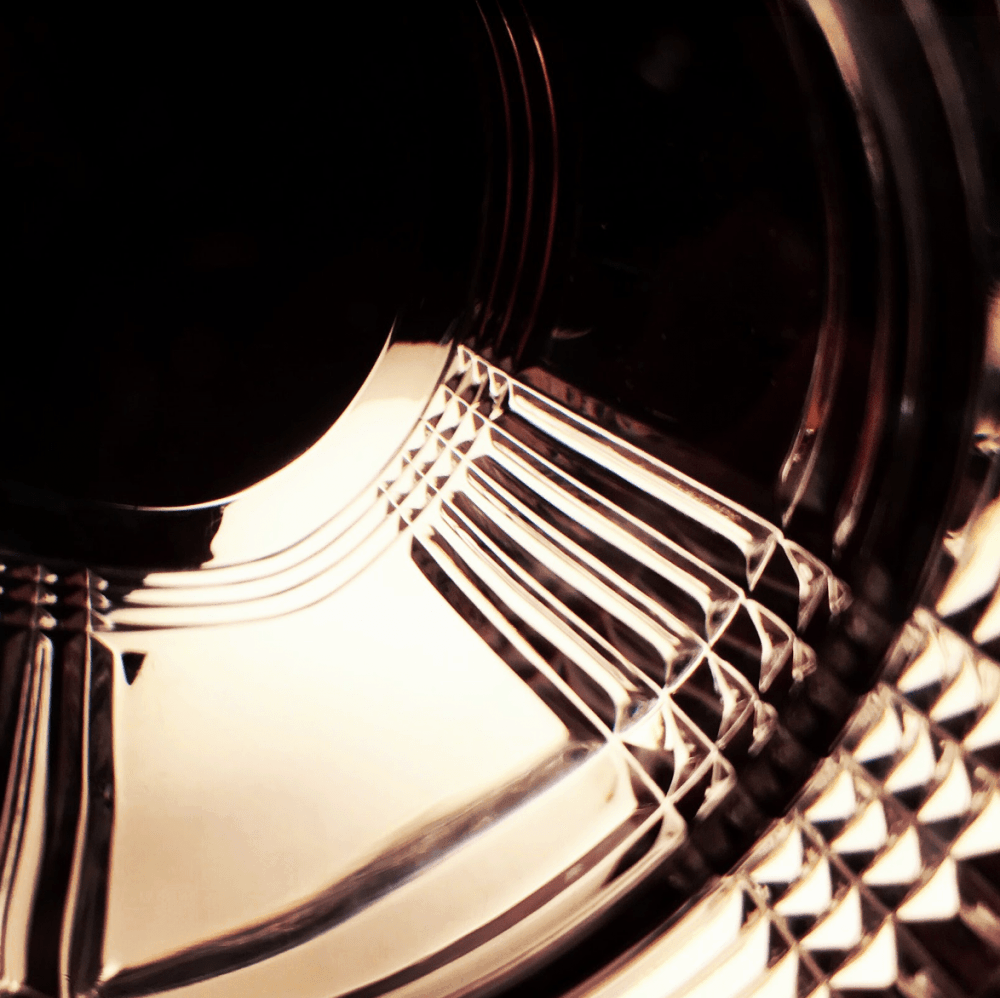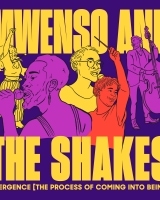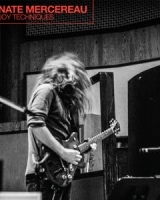St-Germain

The underside of the Manhattan Bridge bustles with shopkeepers and septuagenarians. There’s shouting, there’s shoving, though no one seems particularly upset. Strange vegetables lure the eye. Faux pristine shopfronts promise more to discover.
Above, graffiti defies gravity, nestled there on the lofted bottom with pigeon crap as a chaser. Architectural ingenuity. God bless anyone willing to climb.
As I walk, the streets bisect each other and forego their given names. Street corners become tiny parks, christened with Chinese symbols. Businesses lapse into hipster enterprise, then flee back into the folds of tradition.
The address she gave is a restaurant with eels swimming in the window. Stupidly, I venture inside. The menu is expansive and indecipherable. Tables teem with families and young professionals. The wait staff heartily ignore my presence.
After a few minutes surrounded by suckling pigs, hanging birds, and aquariums full of entrees, I backtrack outside. Search up and down the block. No one on this sidewalk speaks English as their first language.
That’s when I see it — a too-thin door with peeling paint half-hidden behind a pile of cardboard boxes. The door opens when I push it, exposing a thin corridor that smells like fish. I half-remember this from my exceedingly hungover exit.
Fifth floor. No elevator. These stairs are ready to collapse.
A freight elevator sits idle. Trash lines the banisters. There’s shouting above that grows louder as I climb, until finally a fat man with a thin mustache pushes past me toward absolution. To call these hallway floors uneven is to paint the scene too generously.
Esther’s apartment is one of two on her floor. Outside her door sit half a dozen empty bottles. Outside her neighbor’s, a dead plant. When I knock, the eyehole reveals a slice of light.
“Hi,” I say, after a silence. “It’s me.”
“Me,” she repeats from behind the door.
“From last week?”
“There’s no way you remembered this address.”
“You gave it to me. We spoke on the phone…?”
She goes quiet. I wait. Finally, she says, “Did you bring me something?”
I hold up the black plastic bag from the liquor store. The lock clicks. The door swings open. She blocks the threshold, studying me like a snake eyeing a rodent.
Inside, it’s confirmed that I did not misremember the state of her apartment. Beyond a bedsheet curtain having been tucked aside to let the light in, the bunker’s how I left it.
She hands me a jam jar full of wine.
“To your building,” I mock-toast.
She slugs from the bottle. “It’s something.”
“Is it temporary, or…?”
She doesn’t answer.
“You can’t feel safe here.”
“Why shouldn’t I? The police precinct is right over there.”
“The downstairs door was open.”
“Mine’s locked.” She retreats to the couch. “If I didn’t know better, I’d think that you were worried about me.”
I stay rigid by the door.
She reclines, looks me over head to toe, cradles the bottle like a child. “You’re the one who played the record.”
I swallow. “Have there been others since last week?”
“No, no, no,” she gestures with the bottle. “You don’t get to ask.”
“You invited me.”
“We established that.”
“Do you not remember our conversation?”
“Again, with the things you can’t ask.” She leans forward, elbows blushing her knees. “Not one thing about what I do or why I do it. Got it?”
She waits for me to nod, then disappears again into the cushions.
“So,” she says. “I invited you. Why did you come?”
I glance out the window to the city where so many people pretend everything is alright.
“Well?” she asks.
“I came because of the other night,” I say. “Because I’m in a certain place and I think you might be there, too.”
She crooks her neck. “Did the fucking play a factor in your decision?”
“Yes,” I say.
“So you came here to fuck me?” she asks, eyes level.
The apartment crowds in on us.
A smile steals across her face.
***
I kiss the small of Esther’s back and fight to slow my heart. She shifts her head to breathe, cheek down on the mattress. I reach to untie the scarves binding her wrists to the bed. The first knot gives way, her arm retracts with a sigh. Her translucent skin bruises before my eyes.
“Was that too rough?” I ask.
“What?” She stirs as though waking, face flushed. “No, that was perfect.”
Her other arm is the same, darkness blooming. “Look at your wrists.”
She notices and lies flat again. “I’m fine.”
“That’s not fine.”
“Don’t ruin it,” she says, curling onto her side. She rolls off the bed, slips into her robe, and exits the room. “Sheets are in the second drawer,” she calls, vanishing into the bathroom.
I strip the mattress and shove everything into the hamper. The second drawer sticks to the drawer above it, and suddenly I’m confronted with the top drawer’s contents. Cash in an envelope. A family photograph. A wedding band. The toilet flushes, I push the top drawer closed. She emerges and heads directly to the kitchen. I finish remaking the bed.
[To be continued…]
—
This piece appears as part of a serialized fiction experiment by Nathaniel Kressen for At Large magazine. New installments are published weekly, each based around a different liquor.
Nathaniel Kressen is the author of two novels — Dahlia Cassandra (named Best of 2016 Fiction by Entropy & Luna Luna Magazine) and Concrete Fever (Bestseller, Strand Book Store) — as well as the co-founder of Second Skin Books and the leader of the Greenpoint Writers Group. He was commissioned by At Large magazine to publish his third novel in serialization — now available, with new chapters publishing weekly — titled My Life on Rye. And, as one half of the wife-and-husband team Grackle + Pigeon, he’ll be publishing a tome for modern living this fall — Blanket Fort: Growing Up Is Optional (William Morrow). You can find his work at nathanielkressen.com.

